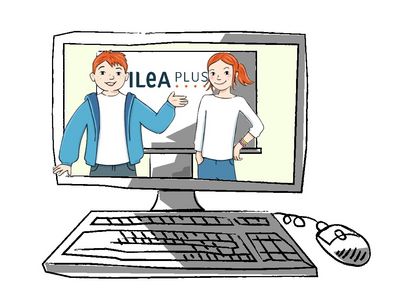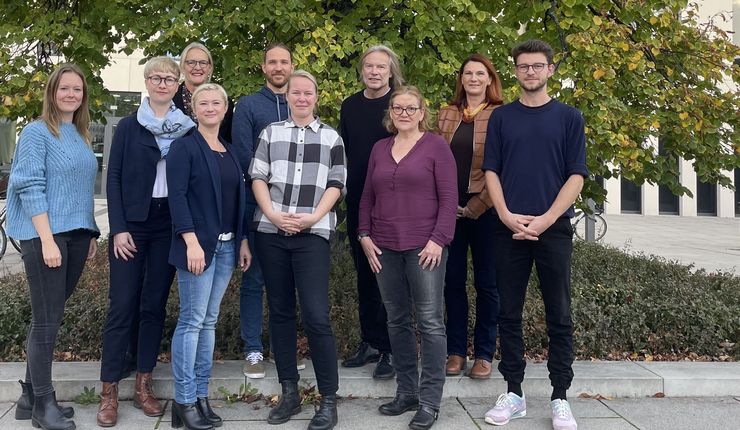Chair for Primary School Pedagogy
Latest news
Team
Study
- Learning process support in subject-specific and interdisciplinary teaching
- Further development of an inclusive primary school
- Shaping the transitions
We focus on
- Close links to empirical primary school research
- International and regional discourses
- Current and historical references
- Students' experiences and interests
- Strong connection between theory, empiricism and practice
- Close cooperation with numerous practical schools in the Leipzig area
- Versatile digital learning opportunities in combination with traditional course formats such as lectures, seminars and supervised internships
The following information is intended to be a help for students and to point out some important criteria regarding formal requirements to be met by academic papers within the framework of the degree programme. With regard to the different subject areas of the papers, further requirements defined in the subject disciplines can be added.
The self-study course "Scientific Work" is intended to prepare students for the scientific requirements of their studies, i.e. in particular for the core topics of researching and citing specialised literature, for designing presentations for lectures and for writing term papers and seminar papers. An additional focus is on empirical state examination papers, which are dealt with in terms of methodological peculiarities. In addition, you will also find various tips for preparing for examinations.
This is a pure self-study course in which the individual topics can be worked on individually in order to control the learning process independently.
Further information can be found in the Moodle course "Wissenschaftliches Arbeiten im Studium Lehramt Grundschulpädagogik".
The required enrolment key can be found in the respective Educational Sciences (Biwi) 1 course and accompanying course for the state examination from the summer semester 2021.
Here you can access the case archives and case portals for working with case studies from constructed classroom reality. Depending on the portal, these case studies are available to you as transcriptive, narrative protocol, video and audio-based formats, some with and without interpretative case analyses.
Research
Contact
Directions
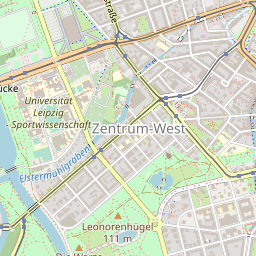



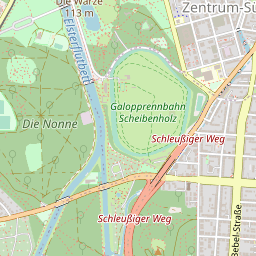











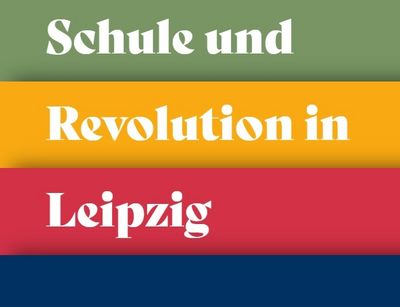

![[Translate to English:] Maskottchen ILeA-T [Translate to English:] Maskottchen ILeA-T](/fileadmin/_processed_/d/8/csm_Drachetheo_96db663762.jpg)

